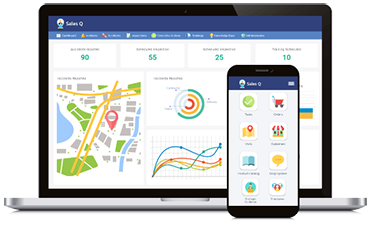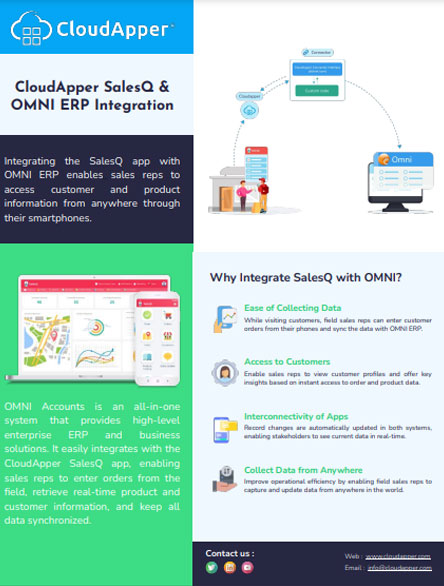Table of Contents
To take your sales team’s performance to its peak requires strong field sales management. One common mistake many business leaders make is they underestimate the complexity of driving and closing accounts. If you don’t have any real-life experience in the sales, it might seem to you as simple as paying for a few lunches and squeezing in a round or two of golf. Although the notion that ‘customers buy from the salesperson they like’ is true for the most part, successful salesmen do much more to win business than simply reviewing monthly expense reports!
Experienced sales force leaders give their agents a process to follow that will help them to secure more sales revenue, then train them to make sure they can execute every step well. Great leaders analyze their field sales team’s performance, so they can focus on developing those parts of the process that need to be adjusted or rewarded.
Here are 4 strategies that should be adopted by all field sales leaders to manage their field sales teams and drive sales performance:
 Set and Adjust a Process
Set and Adjust a Process
Every field sales agent needs some intrinsic skills, like to be able to schedule meetings, identify and clear barriers, and time management, but without a proven process they can’t really put them into use. They need a process that works to move opportunities through the sales funnel, makes them feel productive, and helps them to close a deal. It is up to sales leaders or managers to provide their sales agents with a process that has clearly defined and measurable steps so that they know the objective behind every activity they perform.
 Train Sales Agents on the Sales Process
Train Sales Agents on the Sales Process
A sales lead only adds value to the team if they focus on identifying and correcting the techniques agents use. It does not help much to beat agents up when they fail to reach their quota unless there has been specific training throughout the process. Good sales leaders constantly communicate with their agents to observe how they are managing the nitty-gritty parts of the sales process and to guide where and how to focus their energy. Training requires sales leaders to be masters of the sales process as well as to know when and where their agents will face difficulties. They should never hesitate to communicate directly with agents about specific strategies, obstacles, and next steps.
 Measure Performance
Measure Performance
A successful sales plan includes a very clear picture of the sales funnel and the tools, resources, and efforts required to push opportunities forward. Modern sales agents and sales leaders use sales force management applications to measure sales performance, track activities at all stages of the sales funnel to keep opportunities moving and to reach sales goals. The right level of performance at the top and middle of the funnel keeps a steady stream of deals coming down. Comparing these activities against a set of KPI’s (e.g. 10 call and 2 demos per day, 15 meetings per week, 5 proposals delivered per month…) helps to make sure the plan is being executed correctly. If the activity level ‘processing’ opportunities are satisfactory, measuring the results (e.g. 10 signed deals per month) indicates whether the right plan is being carried out.
 Reward the Deserving Ones
Reward the Deserving Ones
High performing sales agents are very competitive by nature. The top ones compete and attempt to go beyond their quotas for the satisfaction of the win and to hit commission accelerators. All will compare their own performance against the rest of the team. This is why it is important for sales leaders to make success visible to fuel a natural competitive instinct. It doesn’t have to be a medal, a Mercedes, or a set of trophies, either. Simply publishing sales rankings based on activities and results on your corporate social network will ignite the competitive fire in good sales agents and will notify non-performers that they are accountable for achieving their quota as well.
Leading a field sales force requires organization and focus. Having the right field sales management tools in place helps guide agents to follow a sales plan and to measure and train them appropriately.
What is CloudApper AI Platform?
CloudApper AI is an advanced platform that enables organizations to integrate AI into their existing enterprise systems effortlessly, without the need for technical expertise, costly development, or upgrading the underlying infrastructure. By transforming legacy systems into AI-capable solutions, CloudApper allows companies to harness the power of Generative AI quickly and efficiently. This approach has been successfully implemented with leading systems like UKG, Workday, Oracle, Paradox, Amazon AWS Bedrock and can be applied across various industries, helping businesses enhance productivity, automate processes, and gain deeper insights without the usual complexities. With CloudApper AI, you can start experiencing the transformative benefits of AI today. Learn More


















